Control Equipment & Auxiliary Equipment
Auxiliary Equipment
 Model 1HTB turbo blower This turbo blower offers low noise and high performance with a single-stage design, replacing the traditional two-stage configuration. The delivery pressure is little affected by changes in the air flow rate, making the blower ideally suited for combustion applications. The blower can also be applied for liquid maxing / cooling units, air curtains, air conveyors, cupolas and other general applications. |
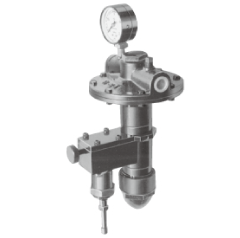 Model H-PRT oil pressure regulator Automatically adjusts the hydraulic pressure according to the combustion air temperature : 20~400℃, keeping the excess air ratio constant. |
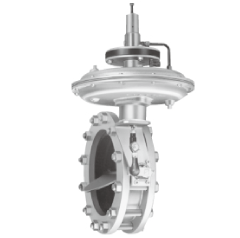 Model APR air pressure regulator The APR air pressure regulator is neither neumatic nor hydraulic actuated, and not an electrically motorized valve nor a simple selfcontrol valve.This is a self-fluid actuated regulator reliably actuated using low pressure air of fluid controlled as a source of actuation.The combustion control can keep the burner differential pressure constant, even if there is a change in piping resistance of any variation in the furnace due to an increase or decrease in the firing rate. Furthermore, this can be broadly used for control of gas. |
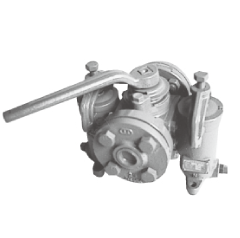 Model WF oil strainer This is a changeover duplex strainer. |
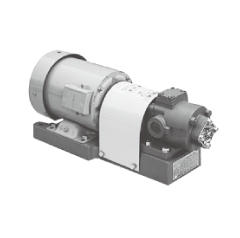 Model TOP oil pump This is an internal gear pump having a tooth profile formed by an envelope based on the trochoidal curve. As a compact and high-performance pump, it is best suited for oil firing. |
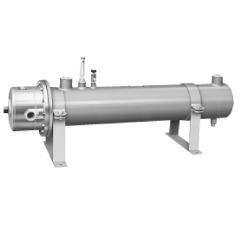 Model RH electric oil heater This is a heater for oil piping and used for a relatively small capacity. In addition, steam heated oil heaters are available. |
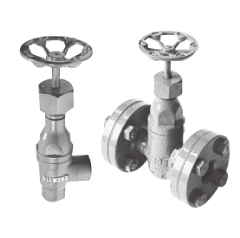 Model RV and FRV oil relief valve This is a relief valve for setting the operating pressure of an oil pump. |
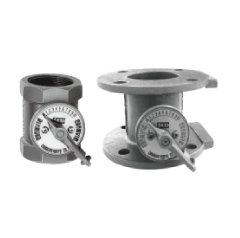 Model RFBV, BV and FBV butterfly valve This is a manual control valve provided with a dial plate, to be fitted to air piping. |
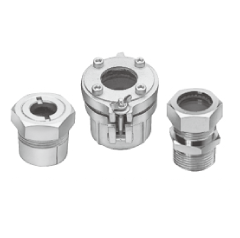 Sight hole The sight hole with heat resisting glass is used to view the furnace inside and flame condition. |
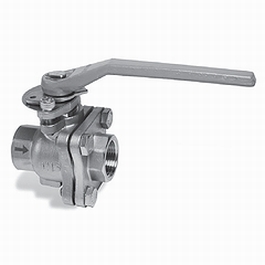 Regulating cock This is a manual control valve with a dial plate for the fine adjustment of each fluid. It is connected by screwing. It can be automatically operated in combination with an actuator (control motor). |








